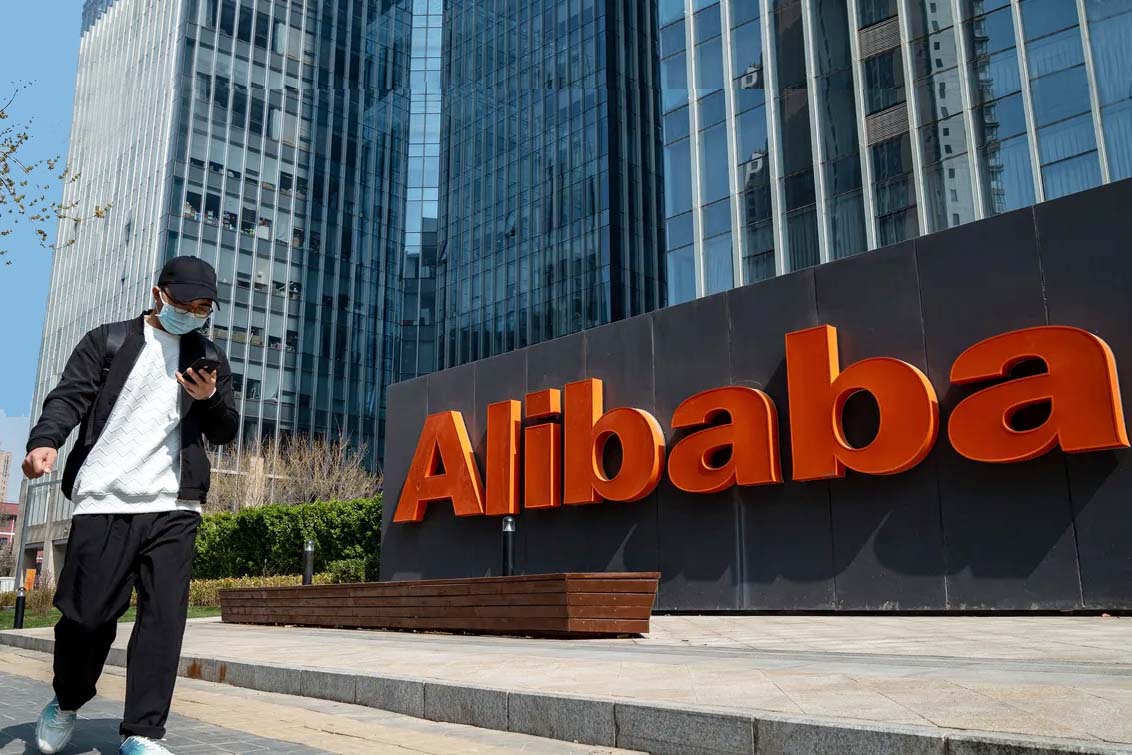Alibaba’s planned restructuring might assuage the Chinese government’s concerns about its size and influence. But the move does not seem likely to alleviate antitrust concerns in any meaningful way, and there is no strong business justification for the company’s chosen approach
Markets are welcoming Chinese tech giant Alibaba’s plan to split into six independent entities. The reason might seem obvious. Because smaller autonomous units appear likely to be nimbler and more adaptable, one might expect the restructuring to help to revitalise the massive company and boost productivity. One might also assume that dividing the company will alleviate the monopoly concerns that have made Alibaba a primary target of regulators in recent years. But, as compelling as this logic seems, it is deeply flawed.
Breaking up a firm can help to stimulate internal competition if the firm has a genuine monopoly that prevents others from exposing it to competitive pressure. But Alibaba operates in cutthroat sectors – e-commerce, entertainment, cloud computing, and logistics – where competition is fierce. As large as Alibaba is, its operations are subject to strong external pressure.
In any case, Alibaba will most likely retain significant control over the new “units” it is creating, even if some go public. So, from an antitrust standpoint, Alibaba will still be regarded as a single entity, with the same market power it already possessed.
Expectations that the company will become more agile – a vision that Alibaba’s CEO, Daniel Zhang, repeatedly touted during a recent call with investors – are similarly misleading. Yes, smaller entities with greater autonomy can adapt to changing conditions more quickly than a single sprawling entity. But Alibaba’s planned restructuring is neither the least costly nor the least disruptive way to boost agility.

If a firm is split into independent units, resources are likely to be replicated across those units, especially in areas like computing, risk management, legal affairs, and government relations. Compliance costs will probably rise, owing to increased oversight from the board, investors, and financial regulators. Moreover, each unit will seek to advance its own interests, without accounting for the interests of the company as a whole. This may lead to incentives mismatches, causing one unit to act in ways that hurt another – or the business as a whole.
By contrast, a multi-divisional – or M-form – structure would prevent both resource duplication and the misalignment of incentives. First adopted by DuPont a century ago, and embraced by countless companies since, the M-form structure empowers division heads to make their own personnel, budgeting, and operating decisions, while corporate headquarters offer strategic direction, support, and oversight.
Breaking up a firm can help to stimulate internal competition if the firm has a genuine monopoly that prevents others from exposing it to competitive pressure. But Alibaba operates in cutthroat sectors – e-commerce, entertainment, cloud computing, and logistics – where competition is fierce
With full access to internal information about the operation of the divisions, the company’s headquarters can use tools like bonuses to align incentives across divisions and optimise resource allocation. A holding company is unlikely to have the same access to information about independent units as a company headquarters has about the divisions it oversees, let alone the same ability to leverage such information to optimize resource allocation.
An M-form structure offers another advantage: the headquarters can adjust the degree of different divisions’ autonomy as business needs change. A well-functioning company should constantly adjust the extent of centralisation in response to evolving market conditions.
Alibaba’s restructuring plans would not allow for such fine-tuning. In the future, it may well become desirable for Alibaba to revert to a more centralised structure. But after it is split into independent units – and especially after some of its subsidiaries go public – responding to this need could be very costly. Alibaba’s organisational structure could thus become more rigid over time, even as its operational decision- making becomes nimbler.
If Alibaba’s restructuring does not seem likely to alleviate antitrust concerns, and there is no strong business justification for the approach it has chosen, why did the market react so favorably to the news? The answer lies in the implications of the restructuring for Alibaba’s relationship with the Chinese government.
For any business operating in China, a good relationship with the state is hugely important. By pursuing what is effectively a “soft break-up,” Alibaba appears to be addressing government concerns about its size and influence. This, coupled with Alibaba co-founder Jack Ma’s return to China after a year overseas, sent a strong signal to the market that the firm has mended fences with the government, removing what is arguably the biggest obstacle to the firm’s continued success.
Alibaba’s restructuring might serve as a template for other Chinese Big Tech firms seeking to appease a government that fears their growth and influence. But, as with Alibaba, it could carry significant costs while failing to address fundamental antitrust concerns in any meaningful way.
